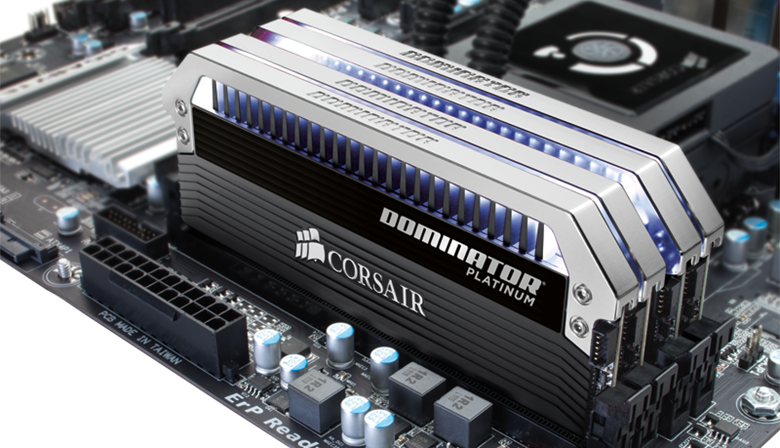
How much RAM do you really need for gaming? Time was that 4GB was more than enough for gaming and most daily tasks, but those days are in the past.
If you have too little RAM—say, 4GB—there's a good chance a lot of the games you want to play just won't run, or at least won't run well. Mass Effect: Andromeda, for example, lists 8GB of RAM as the required minimum, falling in line with many other modern games. And even for those that have a minimum of 4 or 6GB, 8GB is definitely recommended, as other programs on your PC run in the background.
Having said that, 8GB isn't exactly hard to come by. Most pre-built systems ship with at least 8GB or more to begin with, and when building your own PC, 8GB kits are easily considered budget picks.
But what about higher RAM counts. Can your system make use of 16GB? Is 32GB worthwhile?
We consider 16GB to be a nice sweet spot for a solid gaming system. It should be more than enough to run your games and multitask as needed. You'll also want at least 16GB if livestreaming is a priority for you. The ability to run and stream a game on one monitor while responding to chat questions, playing music, and doing whatever else in another is definitely the kind of task list that would benefit from an extra bit of RAM headroom.
The question gets a bit tougher as you go even higher. Is 32GB overkill? In general, yes. The only real reason an average user would need 32GB is for future proofing.
As far as just simply gaming goes, 16GB is plenty, and really, you can get by just fine with 8GB. In a handful of gaming performance tests, Techspot found basically no difference between 8GB and 16GB in terms of framerate. In their tests, GTA V (9GB RAM total usage) plus 65 open Chrome tabs (2.2GB usage) performed at 56 fps with both 16GB and 8GB RAM configurations. Similarly, Batman: Arkham Knight (9.8GB total usage) plus the same 65 Chrome tabs pulled 102 frames at 16GB and only dropped to 101 with 8GB.
Keep up to date with the most important stories and the best deals, as picked by the PC Gamer team.
In general, more RAM can make your computing more pleasant, and we certainly don't recommend against 32GB. But if you're looking for the best way to improve framerate, a better video card is going to make a much bigger difference than going from 8GB to 32GB, which may have no effect at all.
As the former head of PC Gamer's hardware coverage, Bo was in charge of helping readers better understand and use PC hardware. He also headed up the buying guides, picking the best peripherals and components to spend your hard-earned money on. He can usually be found playing Overwatch, Apex Legends, or more likely, with his cats. He is now IGN's resident tech editor and PC hardware expert.


